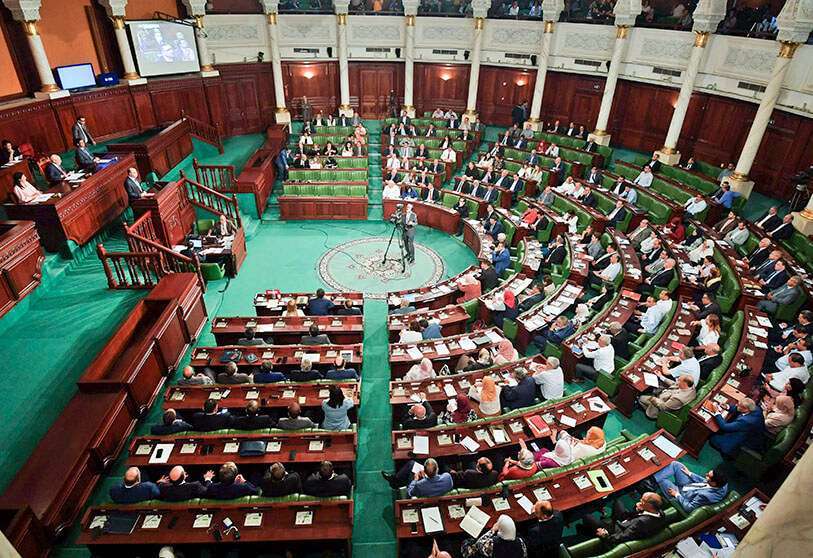Kaïs Saïed breaks with the Venice Commission and orders the expulsion of its members from Tunisia

Tunisian President Kaïs Saïed has asked his foreign minister, Othman el Grandi, to expel the members of the Venice Commission working in the country, in addition to the cessation of the European body's collaboration with international law.
The decision to declare the representatives of the Venice Commission personae non gratae comes after this Council of Europe commission published a report that was very unfavourable to the process of democratic transformation the country is undergoing.
Kaïs Saïed declared in a video released by his cabinet, accompanied by his foreign minister, that the work of the Venice Commission was an interference in Tunisia's democratic development, as well as in the country's own sovereignty.
Saïed pointed out in his video statement, recorded in the presidential office of the Carthage Palace, that "these are no longer the times of Jules Ferry", a French politician from the colonial era, and that the Venice Commission has "no right to demand that the electoral commission be re-established or that the referendum be held on the date they specify".
In reaction to the statements of the President of the Republic of Tunisia, the Council of Europe declined to comment on Atalayar's questions and referred to the conclusions of the report presented at the end of May. The organisation or its spokespersons have not issued a statement either.
It is not the first time that the Tunisian president has made similar statements when a country or organisation has expressed an opinion on the process underway in the Maghreb nation. Since Kaïs Saïed suspended parliament and called for a constituent process this summer, many political forces have criticised President Saïed. The Islamist Ennahdha party, which is supported by Erdogan, has been the most vocal.
The Venice Commission is an advisory body to the Council of Europe. It is not part of the European Union, but it is an organisation with which the EU works, in addition to the European Court of Human Rights. Specifically, the commission specialises in advising governments on democratic and constituent processes. At the end of April the EU's External Action Service, headed by Josep Borell, through the EU delegation in Tunis, commissioned the Venice Commission to produce an 'urgent' report on the state of Tunisia's democratic process.

The body accepted the commission and three special delegates were appointed for the work. Cesare Pinelli, PhD in Public Law from the Sapienza University of Rome; Jean Claude Scholsem, a Belgian expert on constituent processes; and François Seners, a French Enarca, lawyer and member of the Conseil Constitutionel. According to the report, the three experts worked throughout May with members of the Tunisian political opposition, as well as with the government.
The report's conclusions are clear on the legal and political situation in Tunisia. The decree law 2022-22, which since 21 April 2022 alters the functioning of the Independent High Electoral Body, is the main stumbling block on the road to a referendum in Tunisia.
According to the three experts, the 2022-22 decree law suspending articles of no. 2021-17 is compatible neither with this article nor with the 2014 Constitution itself, which Kaïs Saïed intends to change.
In point 72, the report concludes that, regardless of the legitimacy of changing the Constitution outside its framework, "it is unrealistic to pretend to organise a credible and legitimate constitutional referendum on 25 July 2022 in the absence of clear rules established well in advance of the organisation of the referendum, and especially without the text of the new Constitution submitted to referendum".
Despite being behind the publication of this report, the European Union's External Service or its representatives have not made any assessment of it or of Kaïs Saïed's response. In Tunisia, although the country is undergoing a constant transformation, President Saïed has more support than ever before and is entrenched in his position.









